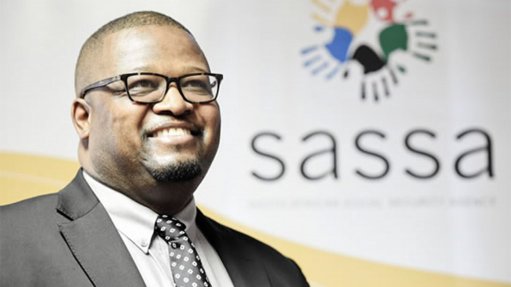
Ex Sassa CEO Thokozani Magwaza
Ex-Sassa CEO Thokozani Magwaza was a victim of former social development minister Bathabile Dlamini's attempted deception to try and absolve herself, his advocate Richard Solomon argued on Monday.
Solomon made his closing arguments during an inquiry into whether Dlamini should be held personally liable for costs incurred during the social grants crisis.
Solomon told inquiry chair and retired Judge Bernard Ngoepe that Dlamini's version had changed numerous times to advance her arguments.
"The way her version has moved, from the time she deposed her affidavit to her legal submission, leads one to the conclusion that there has been deception," he said.
He added that Dlamini had a persistent desire to conceal her part in the crisis.
"It's unfortunate that she seems to blame Magwaza for her failures... Magwaza is someone who values his reputation, values the work he did. He was an honest witness," Solomon argued.
Democratic Alliance (DA) MP Bridget Masango said that the closing arguments confirmed what the DA had been trying to advance in Parliament.
"Listening to the summaries of what the various counsels were saying about the minister as a witness just echoed at every step that this huge project concerning so many South Africans was just a big game to the minister."
Masango added that it was embarrassing to hear that Dlamini ran Sassa like her own spaza shop. During closing arguments, Solomon alleged that Dlamini would run meetings from her home.
"It showed the disdain and the disregard that the minister had for work. It is extremely extraordinary incompetence on her part and that is cause for concern for South Africans."
Last year, the Constitutional Court ordered the inquiry to establish whether Dlamini had sought the appointment of individuals to lead the various "workstreams" to report directly to her.
Further, the court ordered the inquiry to investigate the details of the appointments, such as when people were appointed, who they reported to, and the dates and contents of the report of the workstreams to the minister.
Lastly, the inquiry also looked into why the minister did not disclose this information to the court.